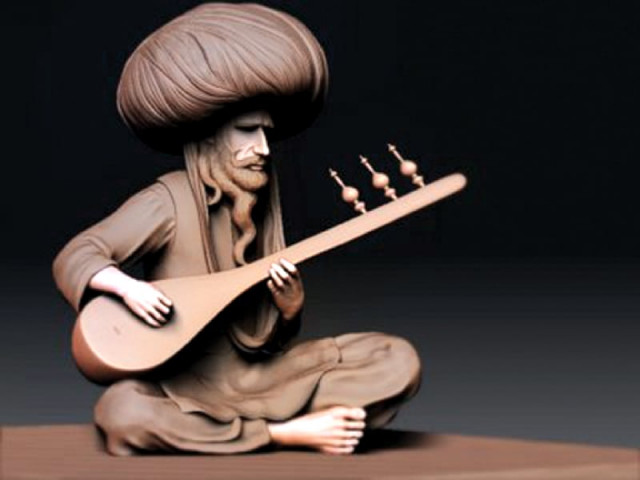International conference: Baloch culture, hospitality honoured
Ziarat and Gwadar are important destinations, an academic paper said in the conference.

The three-day conference is being held in collaboration with the Quaid-e-Azam University Islamabad and the Higher Education Commission of Pakistan. PHOTO: FILE
Balochistan, the spatially largest province of Pakistan, also displays stupendous diversity of cultures. Despite different spoken languages, the people of Balochistan are known for their all-encompassing hospitality and generosity.
These unanimous views were expressed by speakers at an international conference on ‘Balochistan: History and Culture’, organised by the National Institute of Historical and Cultural Research (NIHCR), Islamabad. The three-day conference is being held in collaboration with the Quaid-e-Azam University Islamabad and the Higher Education Commission of Pakistan, said a press release.
On Tuesday, the second consecutive day of the conference, participants discussed the culture and economy of Balochistan. The first session emphasised the rich literary legacy of the province, with various academics presenting their papers. Discussions in this panel centred on the formative role of Balochi literature in the development of Balochi, Brahvi and Pashto literature. Moreover, analysing themes in Pashtun bridal songs such as “Angayee” demonstrates that the women offer resistance to the very concept of being considered a domestic commodity, attributing significance to her existence and identity.
The second session was dedicated to the interrelations between Sufism, Lifestyle and Ethnic Composition of Balochistan. Speakers at the panel opined that the role of mysticism in furthering harmony, justice, love and esteem of the humanity should be acknowledged. For instance, Sufism provides mechanism from conflict resolution in the society.
It was also discussed that since Balochistan was a route of the great invaders headed to India, it remained a meeting point for different cultures, world religions and civilisations. Today, four major ethnic groups living in Balochistan are the Baloch, Pashtuns, Hazaras and Punjabi settlers.
The third session included academic papers on natural resources, trade, education and development. In this context, Ziarat and Gwadar are important destinations.
The last session focusing on the geo-political importance of the province discussed a number of natural advantages bestowed upon the region. The strategic importance of Balochistan exists in its potential to either assume an important position in the growth and development of South Asia vis-a-vis the Gwadar seaport, or a strategic large-scale multinational conflict in our part of the world.
Published in The Express Tribune, April 30th, 2014.



















COMMENTS
Comments are moderated and generally will be posted if they are on-topic and not abusive.
For more information, please see our Comments FAQ